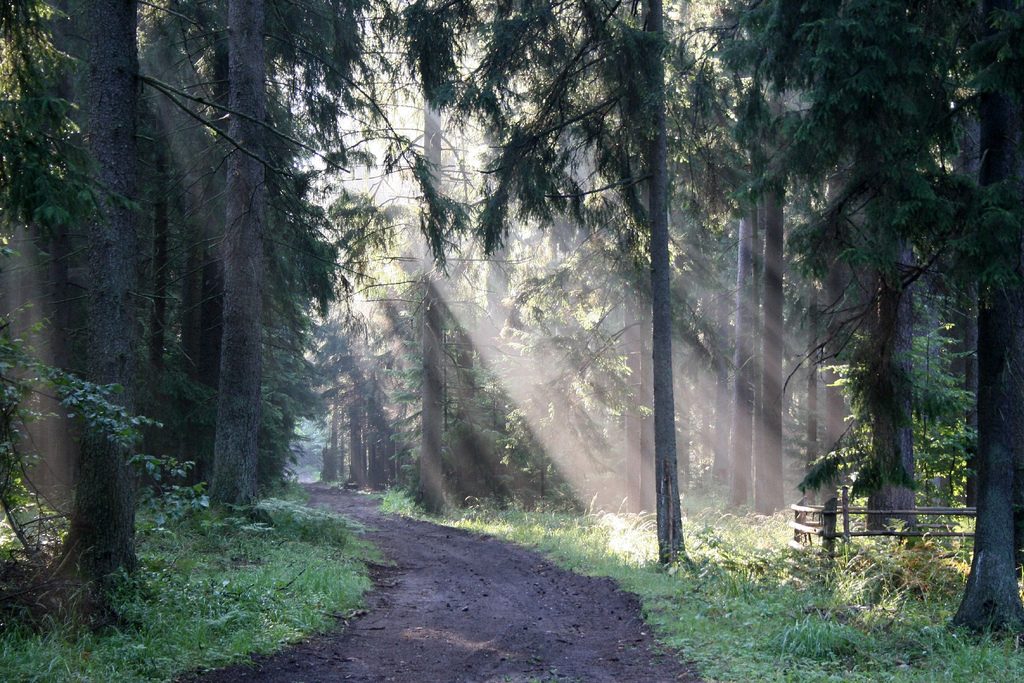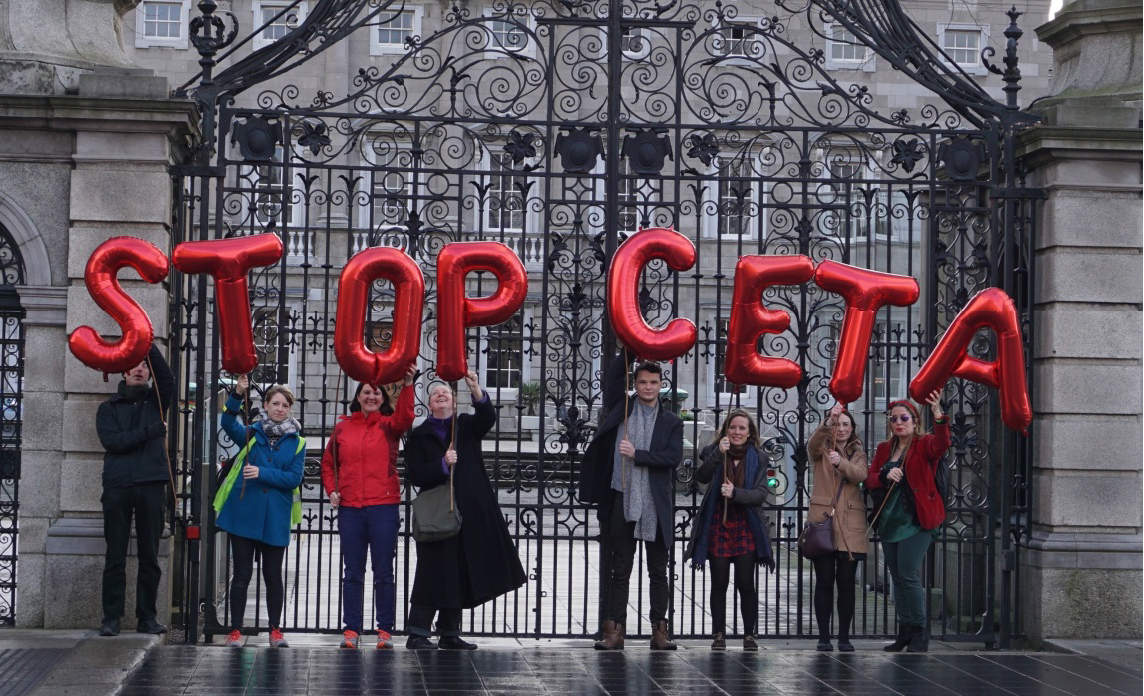EU Court of Justice rules that logging in Bialowieza Forest breaks EU law

April 18th, 2017
The European Court of Justice has ruled that increased Polish logging activities in the Białowieża forest violates EU law.
Ruling yesterday, the ECJ’s judgement declared that the logging is in direct breach of the EU’s Habitats Directive.
The ruling also states out that the logging activities violate the Birds Directive as the site is classed as a “special protection area” for birds.
Białowieża, a UNESCO World Heritage Site which straddles the border of Poland and Belarus, is a relic of the primeval lowland woodland that once blanketed much of Central Europe.
It is widely regarded as the best-preserved forest ecosystem in Europe and harbours the largest population of European Bison.
The ruling comes into force immediately. If the Polish Environment Minister does not reverse the decisions that allowed logging, the government risks a minimum fine of €4.3 million and up to tens of millions of euros.
The ECJ’s judgement largely fell in line with the legal opinion of the Court’s Advocate General who found in February that Poland breached EU law with its scaling up of logging in the ancient woodland.
Advocate General Yves Bot proposed that the Court should rule that Poland has failed to fulfil its obligations under those directives.
Poland’s latest Minister for the Environment, Henryk Kowalczyk, previously said that his department will respect the European court’s decision.
Logging Activity
Białowieża is divided into two major segments – one a protected National Park in which natural succession is allowed to occur, and the other designated for state-managed forestry.
In 2016, former Polish Minister for the Environment, Jan Szyszko, authorised a tripling of logging activity in the woodland, citing the spread of the spruce bark beetle and the associated risk of forest fire.
Polish environmental scientists, however, said that this reasoning is a Trojan horse to allow for large-scale commercial forestry in an otherwise protected woodland.
In response, a number of Polish and international environmental NGOs filed complaints with the European Commission, claiming that the activities run in breach of EU environmental law.
The UNESCO World Heritage Committee also expressed its concern, and urged the Polish government to reverse its decision.
Last July, the EU Commission announced that it would commence legal proceedings against the Polish government on the matter, and instructed Polish authorities to cease logging activities in the ancient woodland pending the ECJ ruling.
In an unprecedented act of defiance, Minister Szyszko indicated that logging in Białowieża would proceed in spite of the Commission’s decision.
In November, the ECJ countered by imposing a minimum €100,000 fine for each day that the logging ban was breached.
According to EU Timber Regulation, illegally harvested timber may not be traded within the EU. Notably, it is left up to individual member states to define what constitutes ‘illegal’ harvesting – but only as long as the activities in question are not in contravention with other EU legislation.

Bialowieza Forst Poland
Since the Białowieża Forest has been designated as a protected site under both the EU Habitats and Birds Directives, Polish authorities are legally obliged to refrain from activities that adversely affect the site’s ecological integrity.
Environmental organisations welcomed the ECJ decision, with Ariel Brunner, Head of Policy at BirdLife Europe, saying: “The swift action taken by the Commission against Poland has stopped the chainsaw massacre of Europe’s most iconic forest, but only after substantial damage has already been done.
“Similar violations are happening all across Europe. The Commission must now show the same resolve in tackling the many other cases of illegal environmental destruction underway throughout Europe,” he added.
ClientEarth chief executive James Thornton said that this “huge victory” for all defenders of Bialowieza Forest is “not the end of our fight”.
“The ruling is just on paper for now: we need to see concrete action,” he said, adding that the Polish government should consider enlarging the park to encompass the whole of Bialowieza Forest.
“This is the only way to guarantee that devastation of the forest will not happen again. We believe that this World Heritage site and one of the last primeval forests in Europe deserves it.”
[x_author title=”About the Author”]







